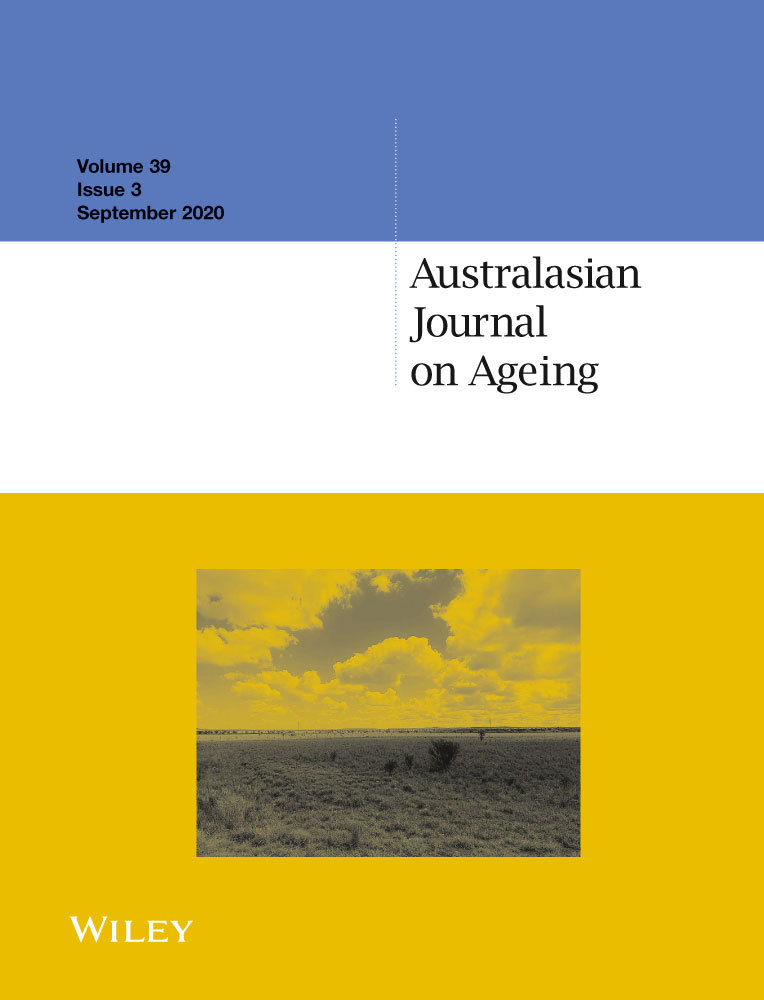Interventions supporting caregiver readiness when caring for patients with dementia following discharge home: A mixed-methods systematic review
Funding information
None.
Abstract
Objective
To explore programs and information provided to caregivers of inpatients with dementia to assist with readiness to provide care following discharge.
Methods
A mixed-methods systematic review with meta-analysis was conducted. Search terms included dementia, inpatient, caregiver, anxiety, discharge and counselling.
Results
The search yielded 1938 studies (six databases), 13 met the inclusion criteria. Meta-analysis showed no statistically significant changes in anxiety, depression, burden or quality of life 3 months postintervention. Three emergent qualitative themes for staff consideration are as follows: understanding personal characteristics of both patient and caregiver; presenting an inclusive organisational culture; and providing appropriate information at all stages of admission. A Model of Caregiver Readiness was created from the qualitative results.
Conclusion
The programs did not significantly decrease the outcomes measured. However, caregivers identified that inclusion at all stages during hospital admission was a vital factor to reduce stress and increase caregiver readiness.
CONFLICTS OF INTEREST
The authors declare no conflicts of interest.




